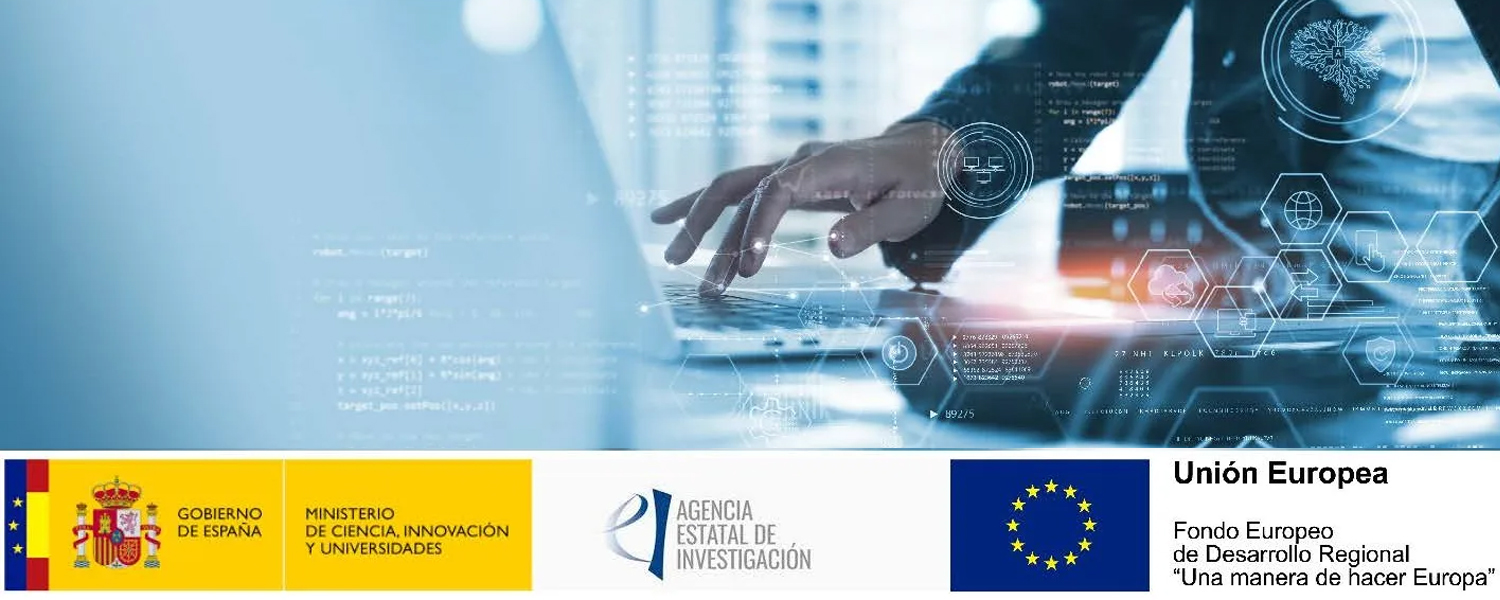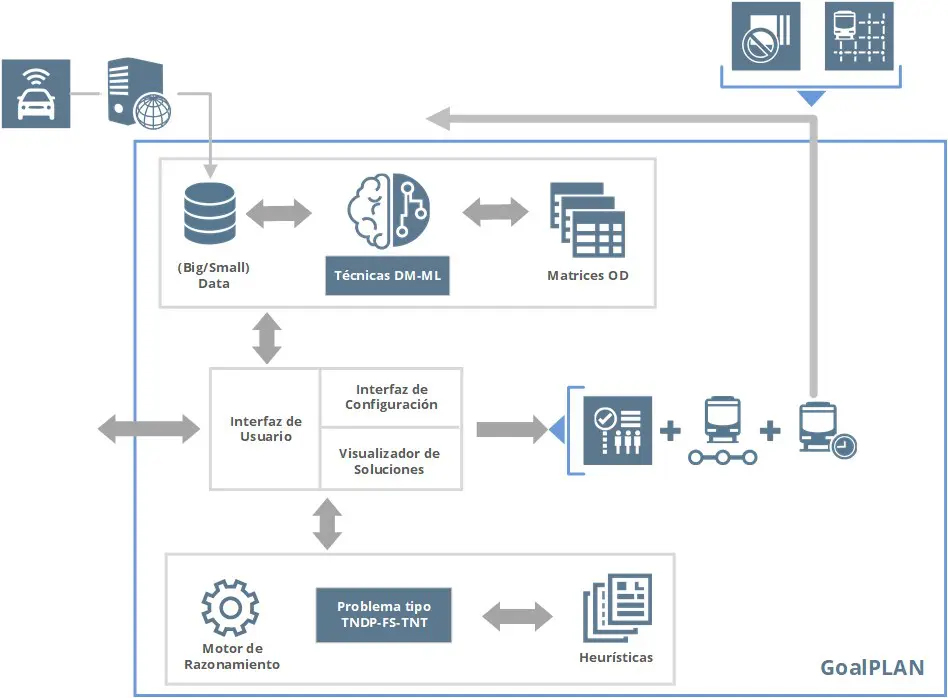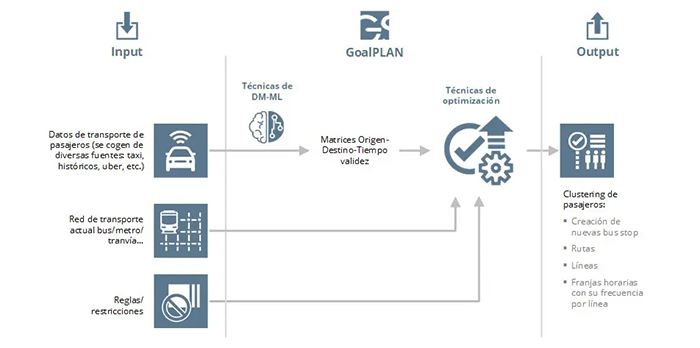
Goal Systems, acting as coordinator, and the Planning and Learning group, PLG, of the Carlos III University of Madrid, acting as a partner, were awarded grants to finance the execution of the project “GoalPlan. Intermodal strategic planning addressed with artificial intelligence techniques.”
This aid was granted by the Ministry of Science and Innovation corresponding to the call for R+D+i Projects “Collaboration Challenges” of the State Program for Research, Development and Innovation Oriented to the Challenges of Society, within the framework of the State Plan for Scientific and Technical Research and Innovation 2017-2020.
The growth of cities in terms of area and population is one of the most important global trends of the last century, even talking about megapolis. All too often, the speed of this phenomenon has prevented organic or well-planned urban development, and as a result, we are suffering from long travel times, severe road congestion, limited vehicle capacity, pollution, traffic accidents, etc.
However, the incorporation of technology into passenger smartphones via apps that facilitate their relationship with different modes of transport, the introduction of sensors, both in the vehicles that transport us and in the infrastructure they use, and their interconnection via the Internet of Things (better known by its acronym in English, IoT, Internet of Things), have facilitated the existence of intelligent mobility (hereinafter, Smart Mobility) within a more general framework known as a smart city.
In this way, mobility data from telephone operators can be used to trace the journeys taken by the population, determine behavioral patterns and build Origin-Destination matrices that reliably model the demand for urban mobility.

GoalPlan aims to develop software that guarantees strategic planning of multimodal and urban public transport fully adapted to the mobility needs of Smart Cities, capable of competing with the use of private transport. To this end, source-destination matrices built from the mobility data of telephone operators will be generated using AI (Artificial Intelligence) techniques. In addition, a new multimodal optimization engine will be developed capable of synchronizing the frequencies of different modes of transport in order to minimize transshipments and waiting times at critical points in the network.
